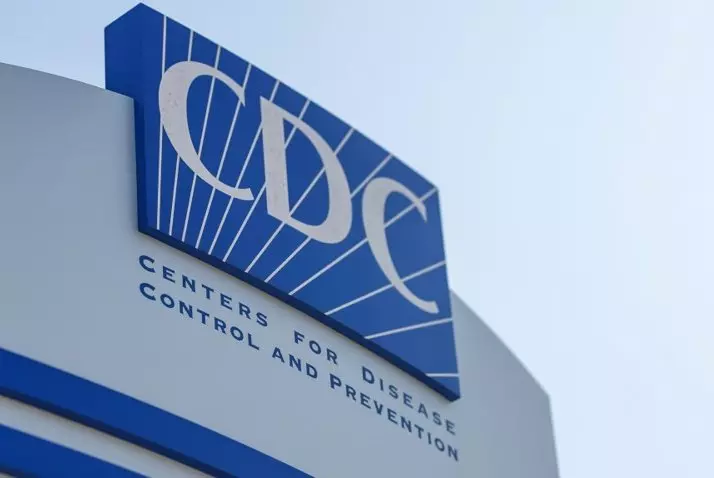

CDC vaccine advisory panel makes COVID-19 vaccine a personal matter
Members of a federal vaccine advisory panel voted to end its recommendation for individuals to obtain a COVID-19 vaccination in favor of personal assessment.

The Centers for Disease Control and Prevention's immunization panel on Friday voted to make getting a COVID-19 vaccine shot a personal decision. File Photo by Erik S. Lesser/EPA UPI
Sept. 19 (UPI) -- Members of a federal vaccine advisory panel voted to end its recommendation for individuals to obtain a COVID-19 vaccination in favor of personal assessment on Friday.
The Centers for Disease Control and Prevention's Advisory Committee on Immunization Practices voted 12-0 to end its vaccine recommendation and instead make it a personal decision, The Hill reported.
"The risk-benefit of vaccination is most favorable for individuals who are not at an increased risk for severe COVID-19 disease and lowest for individuals who are not at an increased risk, according to the CDC list of COVID-19 risk factors," the panel collectively said.
The new recommendation for those between ages 6 months and 64 years of age is to weigh the risks versus the benefits of being vaccinated against COVID-19.
Parents would have to choose for their respective children.
The advisory committee also recommended that people consult with their respective doctors to make informed decisions regarding the vaccine, but it voted against a motion that would have required a prescription to obtain a COVID shot.
The advisory panel's actions on Friday might affect COVID-19 vaccine coverage among health insurers, but many had said they will continue to cover its cost at least through 2026, according to ABC News.
The panel's decision still means health insurers will cover the COVID-19 vaccine, ACIP Chairman Martin Kulldorff said.
The CDC's advisory panel also voted to abide by the Food and Drug Administration's recent vaccine approval for a narrowed group comprised of those who are age 65 and over and those with medical issues.
Friday's decisions come a day after the advisory panel voted to advise against using a combined measles, mumps, rubella and varicella vaccine for children under age 4.
Instead, they favor separate vaccinations for measles, mumps and rubella and another for varicella, which protects against smallpox and shingles.
















